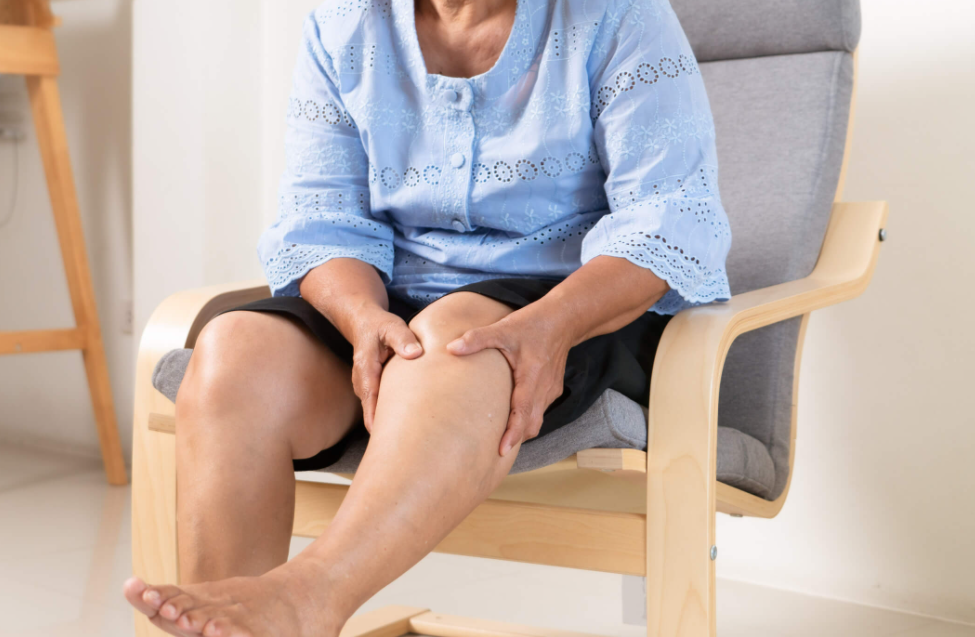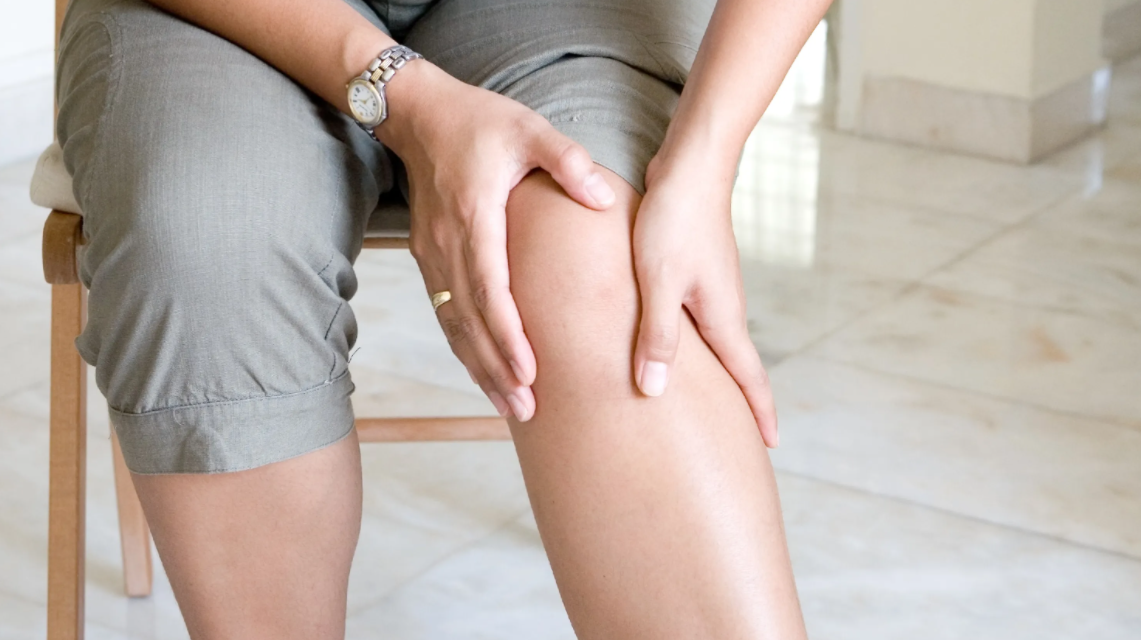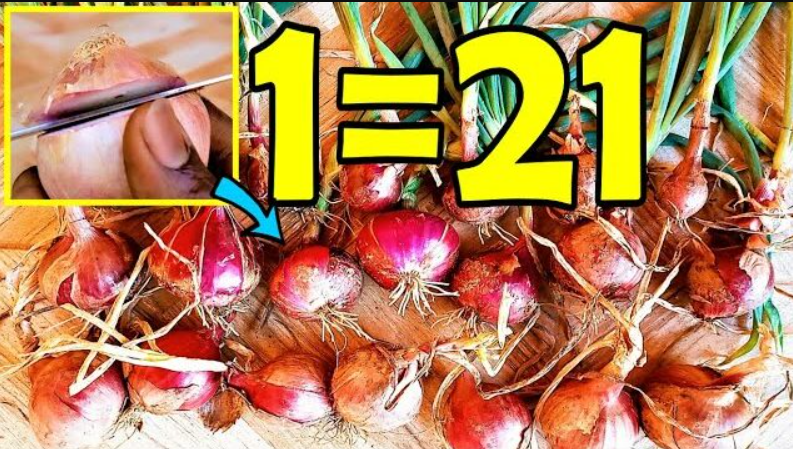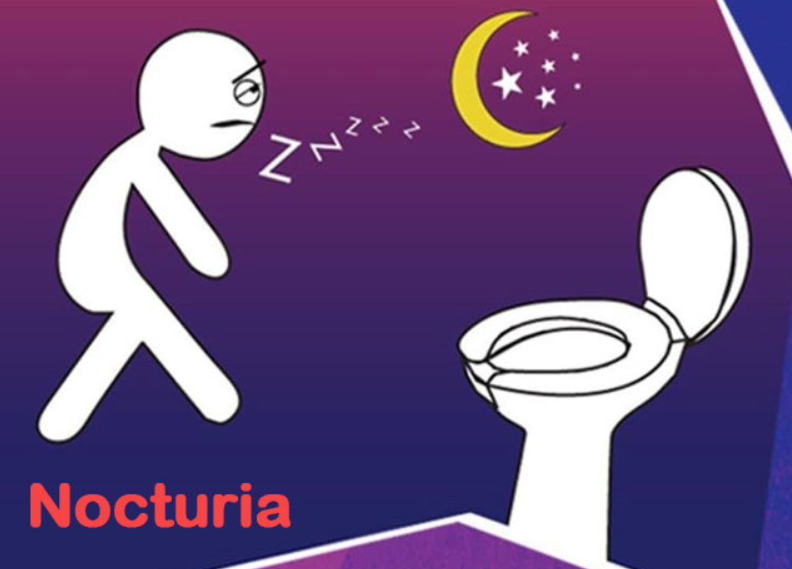Swelling of the foot is quite prevalent in the summer because of the hot weather and temperatures above 30 degrees Celsius.
Swelling of the feet and ankles is a common occurrence. Although this ailment normally causes no pain, does not increase the risk of other diseases, and is not a cause for alarm, it must be denied that it is an unsightly sight that makes wearing some types of footwear difficult.
To solve this problem, it is necessary to adjust the diet to the summer heat, but also to take care of proper hydration of the bod
Joints and feet swell when fluid, normally found in the capillaries, accumulates in the tissues – this is due to gravity in the part of the body closest to the ground.
Therapy primarily depends on the cause and if you are struggling with swelling that is not caused by more serious problems, you can prevent it in several ways:
Take a break if you’ve been sitting for a long time at work to stretch your legs. To increase circulation, elevate your legs to the height of your heart while lying down and hold them there for at least thirty minutes each day (not necessarily all at once).
Leg swelling from sitting is becoming increasingly problematic for younger people, whose occupations are becoming more passive and demand them to sit for hours and look at a computer while simultaneously being physically inactive.
If you are a smoker, quit smoking and try to regulate your weight if you are overweight, as you will reduce the pressure on your lower body.
It is also important to choose the right clothes – do not wear pants that tighten the thighs.
Reduce the quantity of salt you consume if your feet are swollen. If you eat too much salt, your tissues will seek for fluid to help them balance their electrolytes. As a result, salt consumption should be maintained to a bare minimum.
This rule is true not only in the summer, when leg swelling is most common, but also at any other time of year. Water aids in the detoxification of the body and encourages the elimination of excess salt, but it also stimulates the excretion of caffeine, which can cause swelling in the feet and legs. Because most processed foods are high in salt and other dangerous ingredients, stick to fresh and tried-and-true foods on your menu. Seaweed and green leafy vegetables, particularly kale and spinach, are high in iron and B complex vitamins.
Include fruits and seasonal vegetables in your diet if you have swollen feet; however, if you are taking medications that function in the same way, you should consult a doctor. Also healthy choices are beets, grapes, green beans, pumpkins, and pineapples.
Leeks, garlic, onions, parsley, and olive oil should all be staples in your kitchen, as they will help to prevent leg swelling over the summer. Antioxidant-rich foods, such as berries, tomatoes, and sweet peppers, are also beneficial. Fish or poultry high in omega-3 fatty acids can be substituted for fatty meats.
How to prevent swelling of the legs in 7 days?
We have prepared an excellent seven-day menu for you, which will prevent the formation of swelling in the legs and joints, but only if you strictly adhere to it.
Note: Chronic patients with kidney and heart disease, diabetics, asthmatics, pregnant and lactating women, as well as the elderly, can apply this diet plan only on a doctor’s recommendation!
Monday:
Breakfast: A slice of wholemeal bread with hummus and a glass of tomato juice
Snack: A slice of watermelon
Lunch: Salmon with mushrooms and lettuce with olive oil and garlic
Dinner: Roasted peppers with sesame seeds
Tuesday:
Breakfast: Oatmeal with dried apricots
Snack: a handful of wild berries
Lunch: Grilled turkey with spinach
Dinner: Stewed mushrooms and a glass of beet juice
Wednesday:
Breakfast: energy shake from banana and apple and a handful of berries
Snack: Almonds and hazelnuts
Lunch: Tomato and mackerel soup with tofu cheese
Dinner: Tuna with tomato
Thursday:
Breakfast: Integral muffin with tofu cheese and berry juice
Snack: grapes
Lunch: boiled beans and seasonal vegetable salad with sunflower
Dinner: Chicken, sesame and avocado salad
Friday:
Breakfast: Quinoa with vegetables
Snack: Two bananas
Lunch: Chicken with kale and broccoli
Dinner: Two slices of wholemeal bread with hummus and a glass of beet and cabbage juice
Saturday:
Breakfast: whole grain muesli of your choice and a glass of carrot juice
Snack: A piece of quince
Lunch: Grilled salmon and leafy vegetable salad
Dinner: Roasted pumpkin with brown rice
Sunday:
Breakfast: Vegetable omelette
Snack: Two carrots
Lunch: Stewed peas with poultry
Dinner: grapefruit and avocado salad
After this seven-day diet, you will prevent further swelling of the legs around the ankles and joints, and you will not need to take medication.




